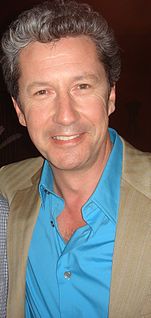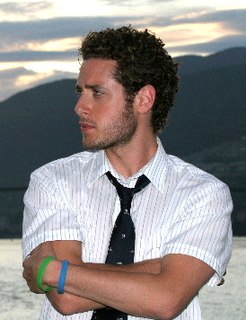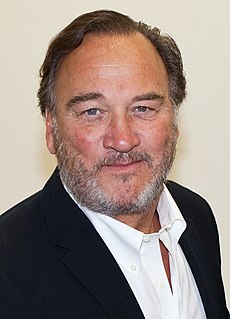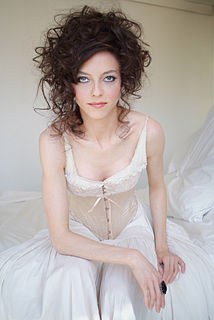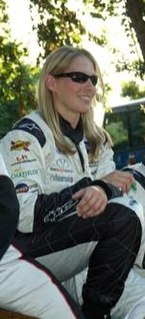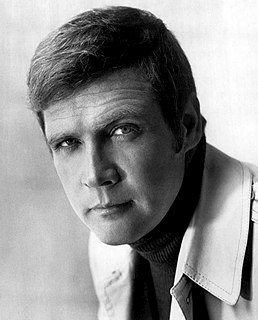A Quote by Charles Shaughnessy
'Days of Our Lives' was an insane schedule. You're doing a whole one-hour show in a day. You do a very cursory run-through with the director telling you where you're going to be standing, then you do a quick rehearsal on camera and you shoot it.
Related Quotes
How we spend our days is, of course, how we spend our lives. What we do with this hour, and that one, is what we are doing. A schedule defends from chaos and whim. It is a net for catching days. It is a scaffolding on which a worker can stand and labor with both hands at sections of time. A schedule is a mock-up of reason and order—willed, faked, and so brought into being; it is a peace and a haven set into the wreck of time; it is a lifeboat on which you find yourself, decades later, still living.
A sitcom, you rehearse for four days of the week and then you shoot it all in one night in front of a studio audience. It's like a play every week, you just shoot it over a seven or eight-day period with a single camera. I enjoy this format of show much more. I'm a feature guy. I like making movies. So the four camera thing I didn't love it that much. I found myself slightly out of my element.
You might have, as a character, 30 pages of dialogue a day if you're what they call a 'front-burner story.' So you go home, you learn your lines for the next day, you get up, you're there at 7 in the morning, you do a quick rehearsal, you're on camera, you might leave, you know, at 7 at night and start the whole thing over again.
What meaning do our lives have if we cannot set aside at least one hour a day out of 24 for thinking about God? Think how many hours we spend reading the newspaper, gossiping and doing various useless acts! Children we can definitely set aside an hour for sadhana if we really want it. That is our real wealth. If we cannot spare a whole hour at a stretch, keep apart half an hour in the morning and again in the evening.
You cannot begin to imagine the shock I had when I came down on the floor for the first time. First of all, there's this whole thing about playing sitcom comedy. I didn't want to do the sitcom thing, but I didn't know what else to do. I went slowly. We went through the week of rehearsal, then we got on the floor with the cameras, which I'm used to because of my experience in the old days. Then came camera day, with an audience, and it was stunning, enthralling, exciting and chaotic. I had never experienced anything like that before, as an actor. I was part minstrel, part actor.
In the build-up to a race I begin practising two days beforehand with two other team members. We have an hour and a half practise run together. Then on the next day we have another practise in two separate hour long sessions. On the actual day of competition we do a warm-up run in the car before the race.
Making photos is helpful of course to master the craft. To get comfortable with the camera. Learn what a camera can do and how to use the camera successfully. Doing exercises for example if you try to find out things that the camera can do that the eye cannot do. So that you have a tool that will do what you need to be done. But then once you have mastered the craft the most important thing is to determine why you want to shoot pictures and what you want to shoot pictures of. That's where the thematic issue comes to life.
